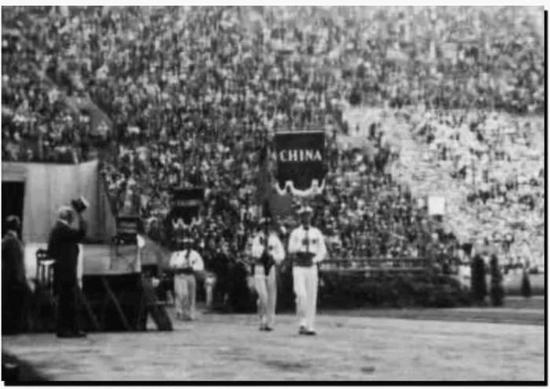
File photo taken in 1932 shows the Chinese delegation at the 10th Olympic Games in Los Angeles, U.S.
(ECNS) -- The Chinese people's Olympic journey began 92 years ago.
On July 30, 1932, at the 10th Olympic Games held in Los Angeles, U.S., 23-year-old Liu Changchun carried the national flag and, as the only athlete of the Chinese sports delegation, entered the opening ceremony eighth in line.
Although he did not achieve the desired results due to an exhausting journey, he made history and earned worldwide applause.
The poor-origin "Flying legs"
In 1909, Liu was born into a poor family in Dalian, Liaoning Province. When he was 9, his mother passed away, and Liu moved to the city with his father, who made a living as a shoemaker. To earn extra income, Liu also herded sheep every day.
At the age of 10, he began attending elementary school, which was over five kilometers away from home. To preserve his shoes, Liu would always run to school barefoot and put on his shoes only upon reaching the gate.
Despite being a poor boy who couldn't afford to wear shoes while running, Liu became a renowned "Flying Legs" by breaking the sprinting records for both middle and short distances among elementary students in Dalian.
In 1927, the Northeastern University soccer team traveled to Dalian for a match. At the time, due to financial difficulties, Liu had dropped out of school and was apprenticing at a local glassware factory. By chance, Sun Qingbo, head of the Northeastern University Sports Department, discovered Liu and recommended him for preparatory studies, providing free food and accommodation.
Later, Liu set a record of 10.08 seconds in the 100 meters at the 14th North China Games. Shortly afterward, in the Sino-Japanese-German Athletics Meet, he won second place with a 100-meter time of 10.07 seconds, defeating Japanese sprinter Takayoshi Yoshioka.
At the National Games held in Hangzhou in 1930, Liu won the 100 meters, 200 meters, and 400 meters, and took second place in the 800 meters, shocking the Chinese sports community. Zhang Xueliang, then president of Northeastern University, upon hearing the good news, encouraged Liu: "You must not only compete against your countrymen but also dare to contend with foreigners."
A journey to the Olympics across thousands of miles
In 1931, the September 18 Incident, also known as the Mukden Incident, broke out, and Northeastern University’s campus was occupied by the Japanese army. Liu and other students relocated to a temporary site in Beijing. To increase the visibility of Manchukuo and divide China, the Japanese who occupied the Northeast tried to entice Liu to return to Dalian with promises of high-ranking positions and generous rewards. The Manchukuo press even falsely announced that Liu and others would represent it at the Olympics.
Upon learning of this, Liu issued a statement in Tianjin’s Ta Kung Pao and other newspapers: “As long as my conscience remains! As long as my blood still flows! How could I betray my country and become a lackey!” “I am a descendant of the Yan and Huang Emperors, I am Chinese, and I will never represent Manchukuo at the 10th Olympic Games.”
At the time, Chinese sports organizations had already established relations with the International Olympic Committee (IOC) and obtained the qualification to participate in international sports events. However, due to "insufficient funds," the Chinese government had no plans to participate. Amid growing concern, Chinese sports organizations urgently registered Liu with the IOC.
On July 8, 1932, thousands of people along the Huangpu River in Shanghai bid farewell to Liu as he boarded the American ship President Wilson. Newspapers at the time wrote with a sense of bittersweet pride: “Our Chinese athlete, traveling alone across thousands of miles, in these difficult times for the nation, may you strive forward bravely, and may our future generations be spared such hardships!”
Twenty-one days later, Liu arrived in Los Angeles. When the car he took reached Chinatown, the sound of firecrackers, gongs, drums, and car horns was deafening, and the streets were filled with Chinese people, young and old, warmly welcoming him, he recalled.
On July 30, 1932, the Los Angeles Olympics opened. Due to the exhausting journey, Liu did not achieve the desired results. However, this was the first official participation of a Chinese athlete at the Olympic Games, a historic breakthrough permanently recorded in Olympic history.
From first gold medal to a sports superpower
In 1908, the magazine Tianjin Youth posed three piercing questions to the Chinese people: “When will China be able to send athletes to the Olympics? When will our athletes win an Olympic gold medal? When will our country host the Olympics?”
The year after Liu's death, on July 29, 1984, at the Los Angeles Olympics, Chinese athlete Xu Haifeng won the men’s 50-meter pistol event with a score of 566, earning China its first Olympic gold medal. The Five-star Red Flag was raised for the first time at an Olympic award ceremony.
Coincidentally, July 29 was the same day, 52 years earlier, when Liu Changchun arrived in the United States and was tearfully welcomed by countless overseas Chinese. The location of China’s first Olympic gold medal was also where Liu Changchun first competed in the Olympics.
In 2008, Beijing hosted the Olympics, presenting unforgettable moments to the world and highlighting the inspirational power of sports. Fourteen years later, the Beijing Winter Olympics sent a powerful message to the world: “Together for a Shared Future.” Beijing thus became the first and currently the only city in history to host both the Summer and Winter Olympics.
Decades on, more and more Chinese athletes are shining on the Olympic stage, such as the gymnast Li Ning, table tennis player Liu Guoliang, diver Guojingjing, 110 meter hurdler Li Xiang. The Olympics have witnessed China’s transformation from a major sports country to a gold medal powerhouse and now into a sports superpower.
At the ongoing Paris Olympics, the Chinese sports delegation, consisting of 405 athletes, will compete in 30 out of 32 major events. From "a lone participant" to "a gathering of heroes," 92 years have flown by, and though the world has changed dramatically, one thing remains constant—the determination of generations of Chinese athletes who, under the Olympic rings, continue to strive and fight with the same spirit as their predecessors.








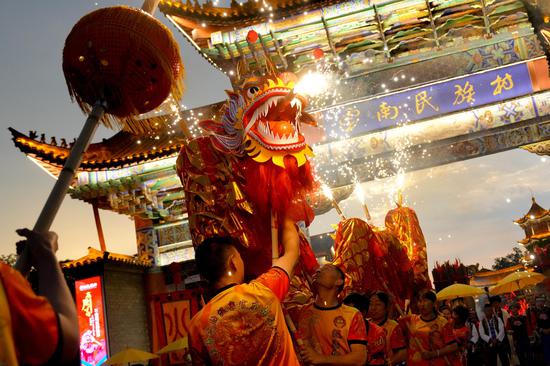
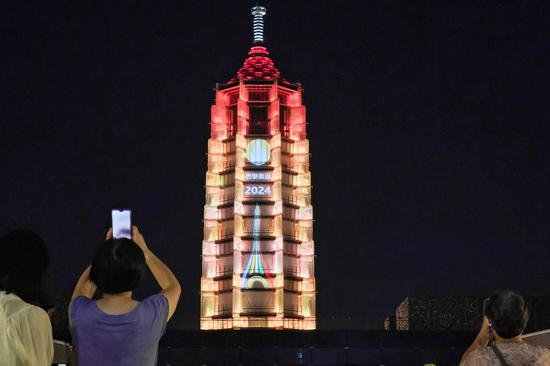
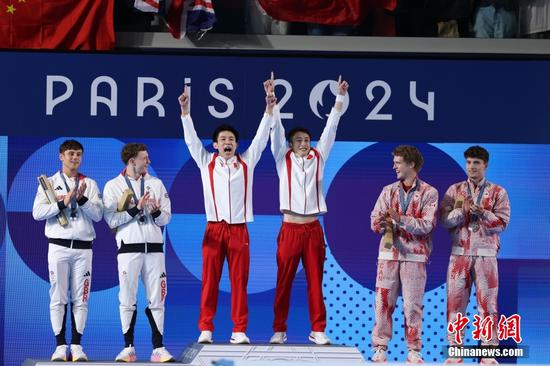
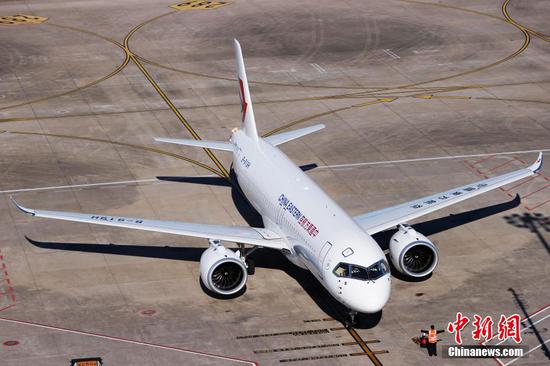
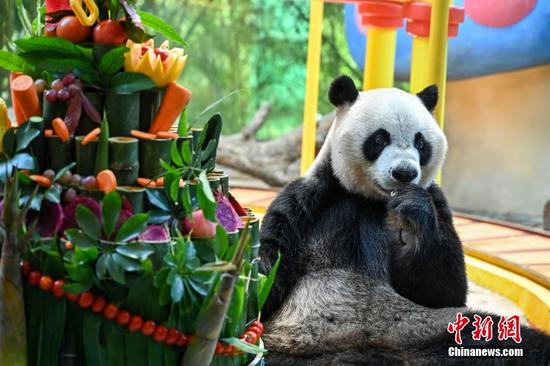
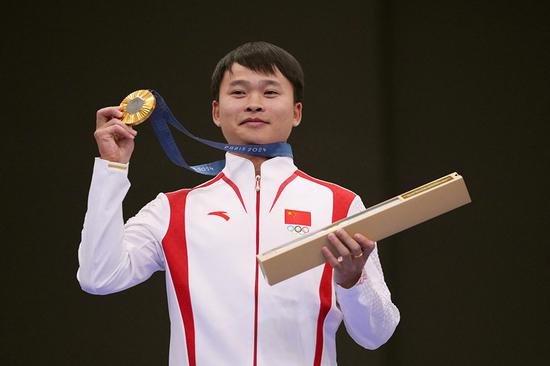
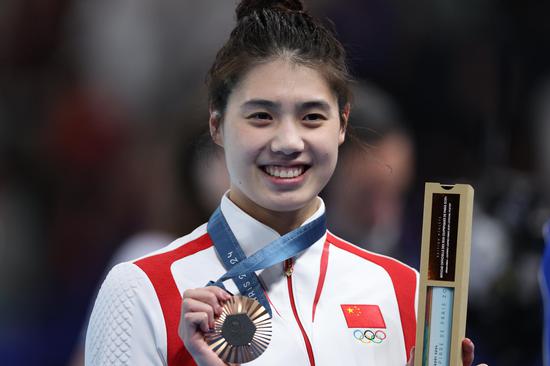
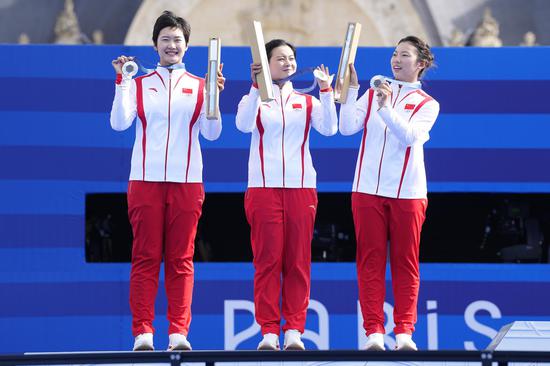
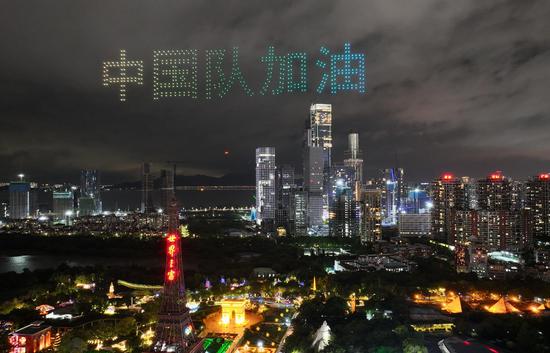

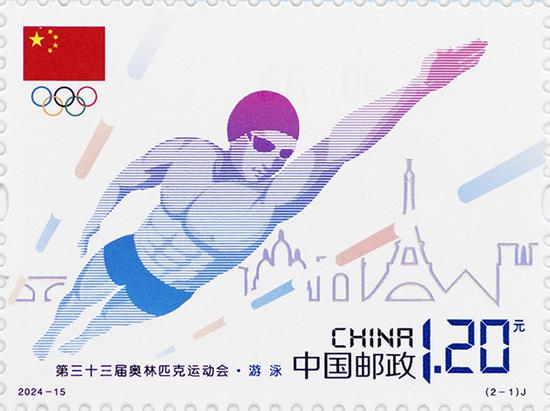

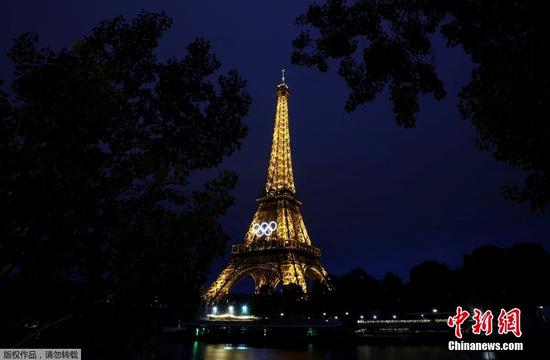
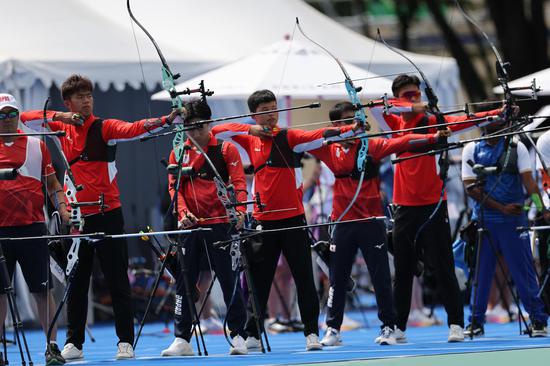
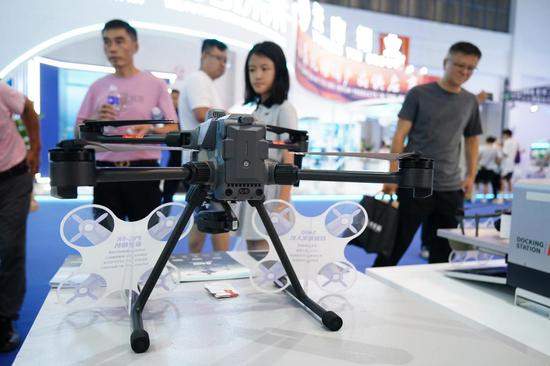

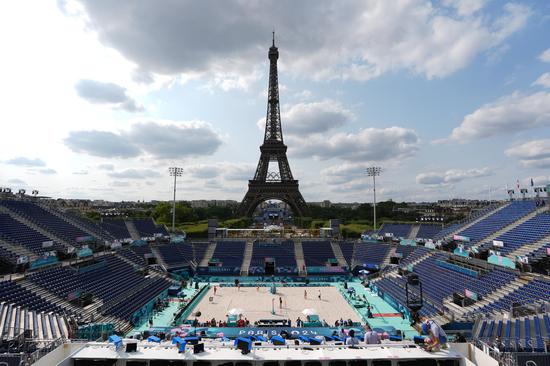
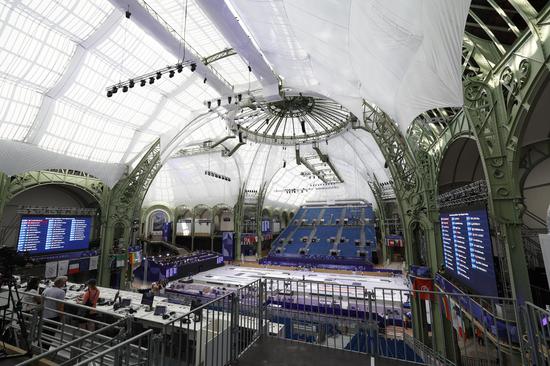
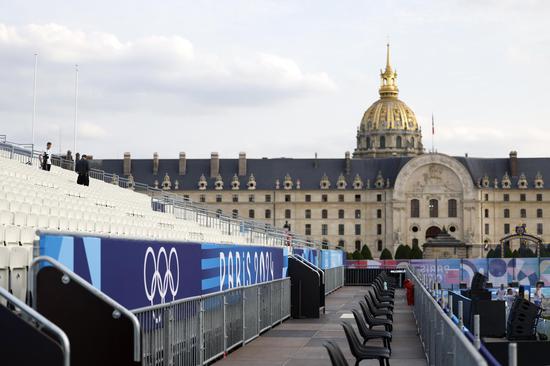
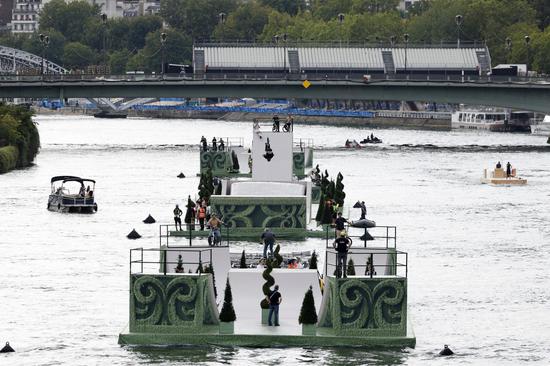
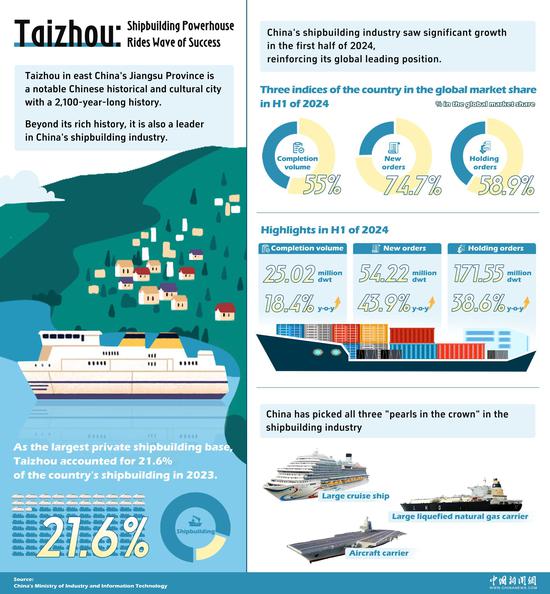
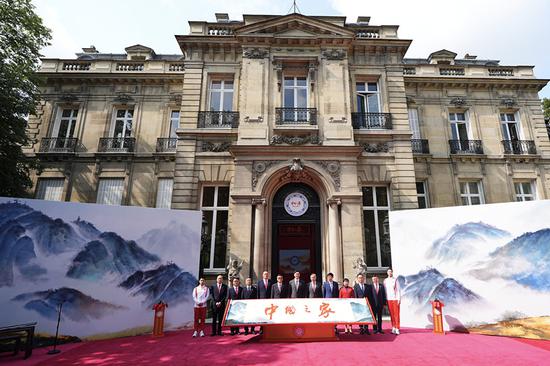
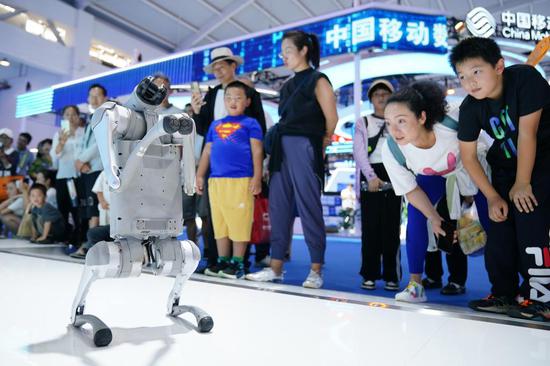

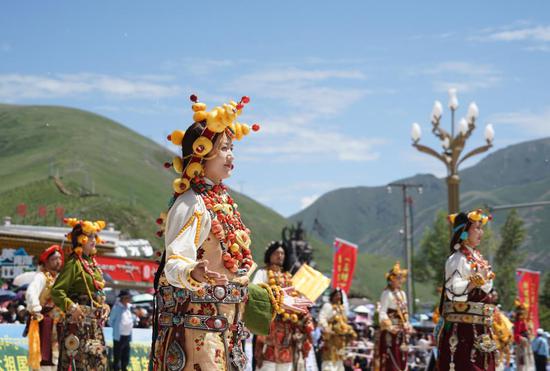
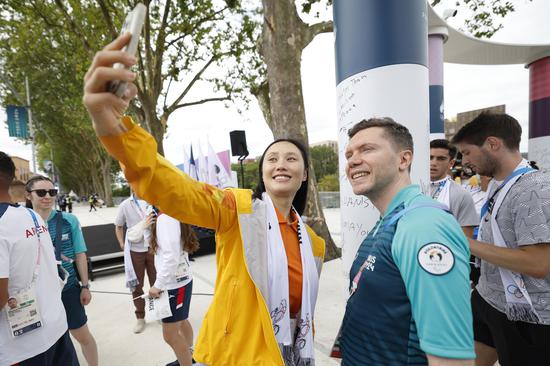
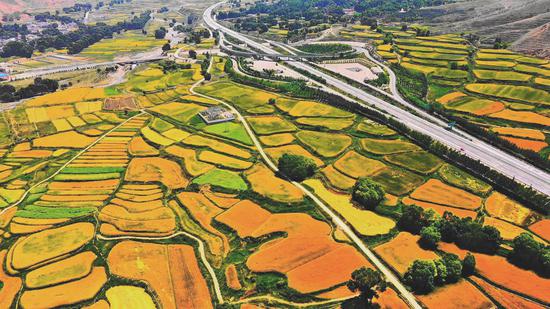
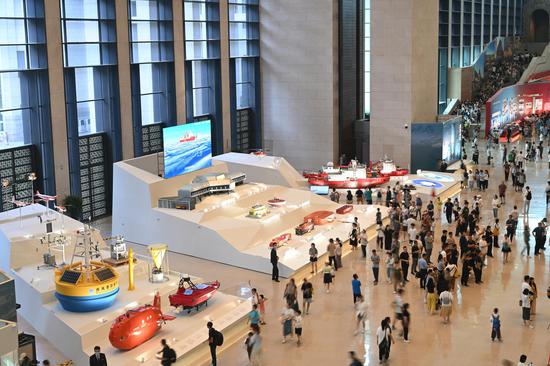

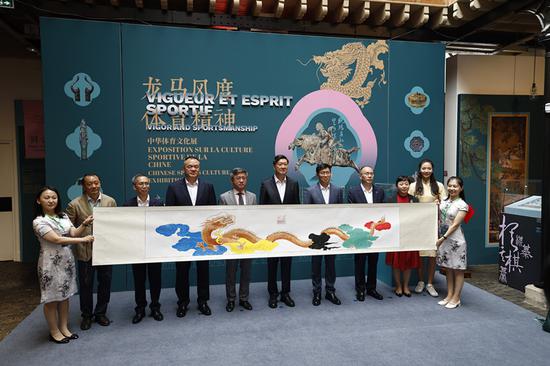
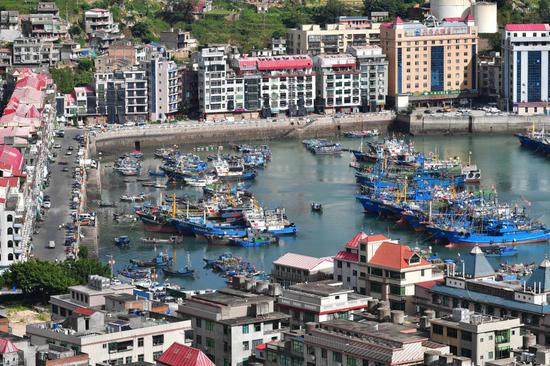
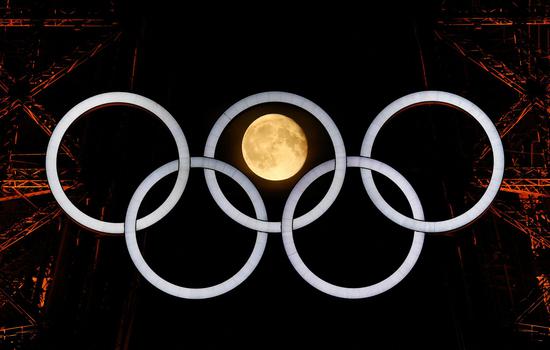
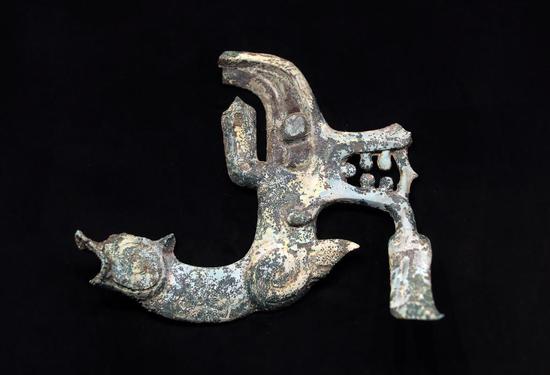
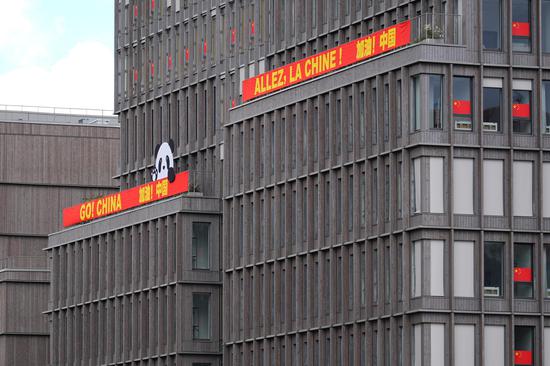
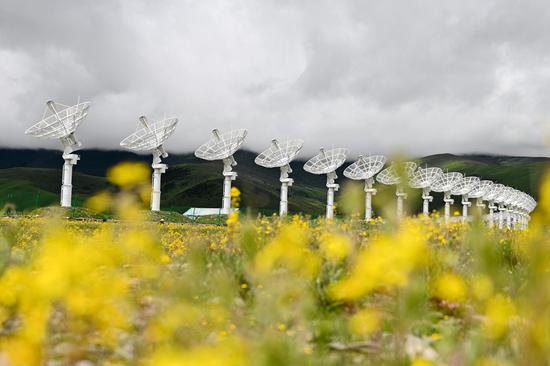
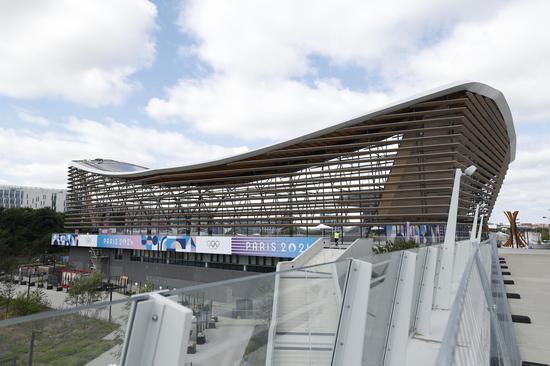

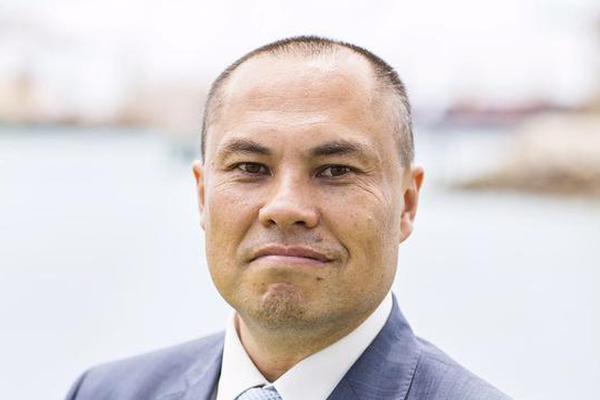

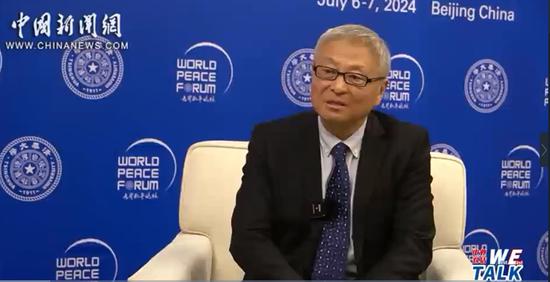

 京公网安备 11010202009201号
京公网安备 11010202009201号